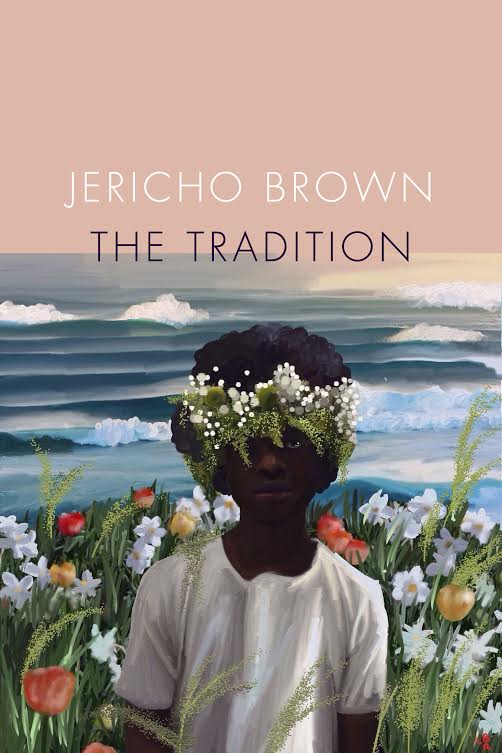Which tradition? Whose? Jericho Brown presses these questions continually in the slender, subtle, wry, and beautiful lyric poems of The Tradition – but almost never in ways a reader might anticipate. The book considers subjects like police violence against black men (“Bullet Points”), the clarifying anger of parenthood in a society of such basic structural injustice as America (“A Young Man”), and of love too (“Of My Fury”). Yet at the same time, Brown tends to dwell on the very oldest subjects of poetry, reaching, with minimalist intensity, back into the parts of the tradition worth holding onto. Physical love. The mystery of our parents. The moon.
The result feels like a new path forward: the politics as identity as absolutely essential, rather than definitive. Brilliant silvery minnows of observation dart through The Tradition – “We few left who listen to the radio leave/Ourselves open to surprise” – and lend the book a strange joyfulness, given the frequent darkness of its topics. “I begin with love, hoping to end there,” Brown writes. It’s a line whose sad uncertainty recalls Larkin (or Villon, or Sappho) but which belongs inextricably in his case to the fundamental disquiet of the time into which he was born as a gay black man. Indeed, it might be his ethic. For all the battered tenderness of The Tradition, hope is its tonic note, flowering against the anger of the days – an instinct as old and as important to revere, Brown suggests, as the instinct to write in the first place. “None of the beaten end up how we began,” he writes. Still, he goes on, “A poem is a gesture toward home.” By fusing his experiences on earth with formal innovations of his own, Brown has created something startling and new. Whose tradition, you ask? His.
— Charles Finch


 The Tradition by Jericho Brown (Copper Canyon Press)
The Tradition by Jericho Brown (Copper Canyon Press) 